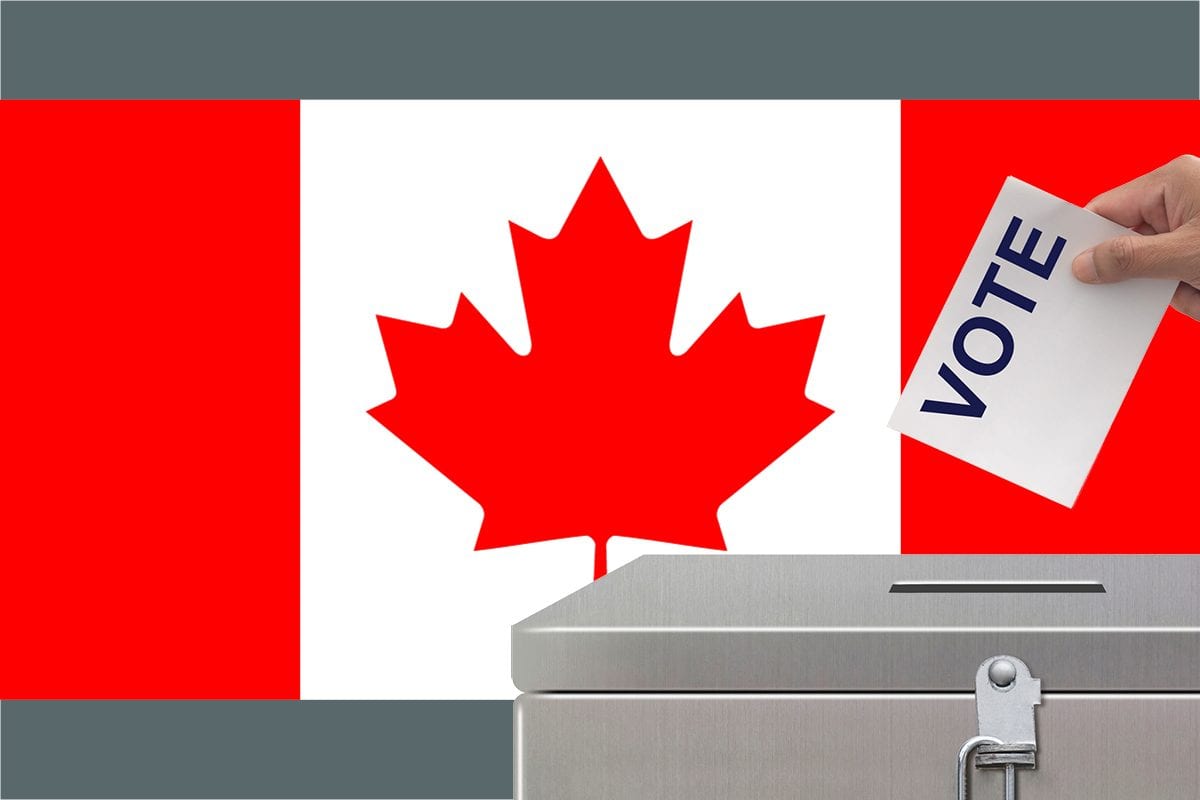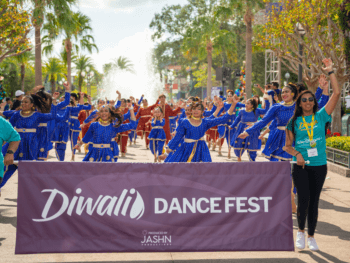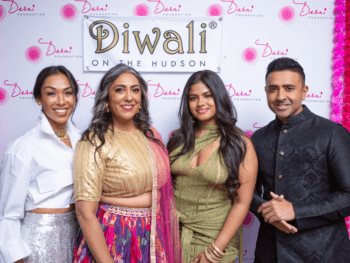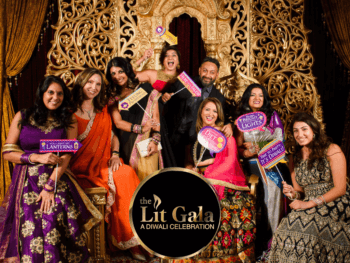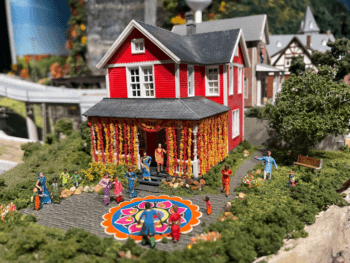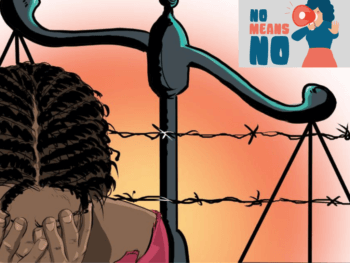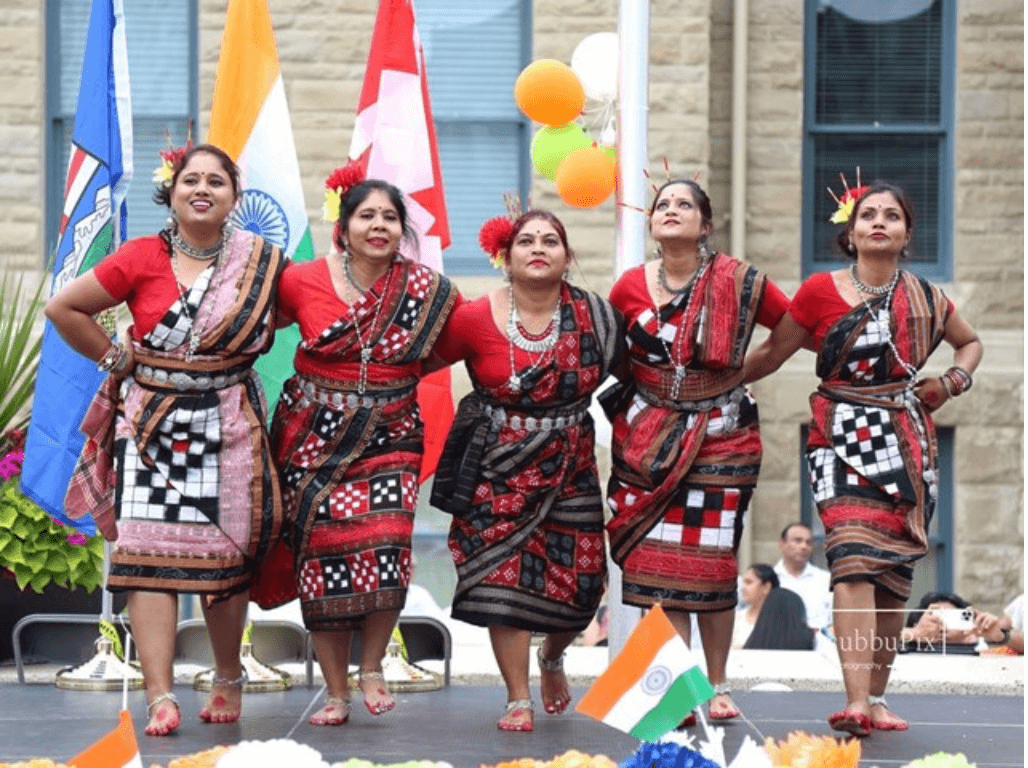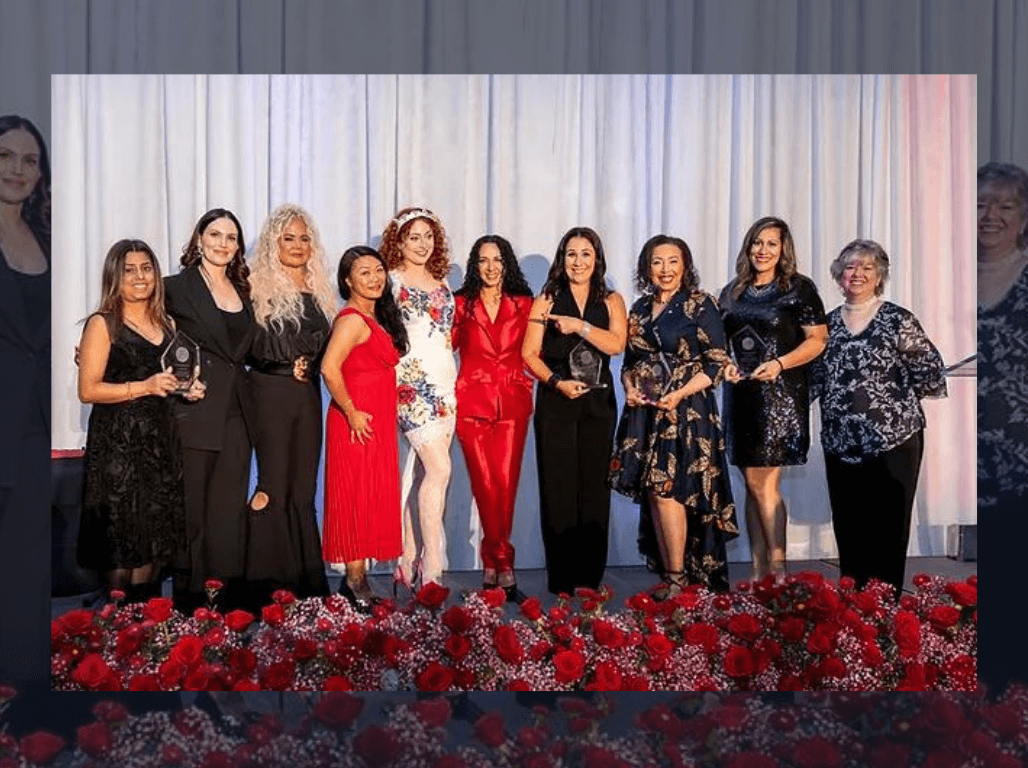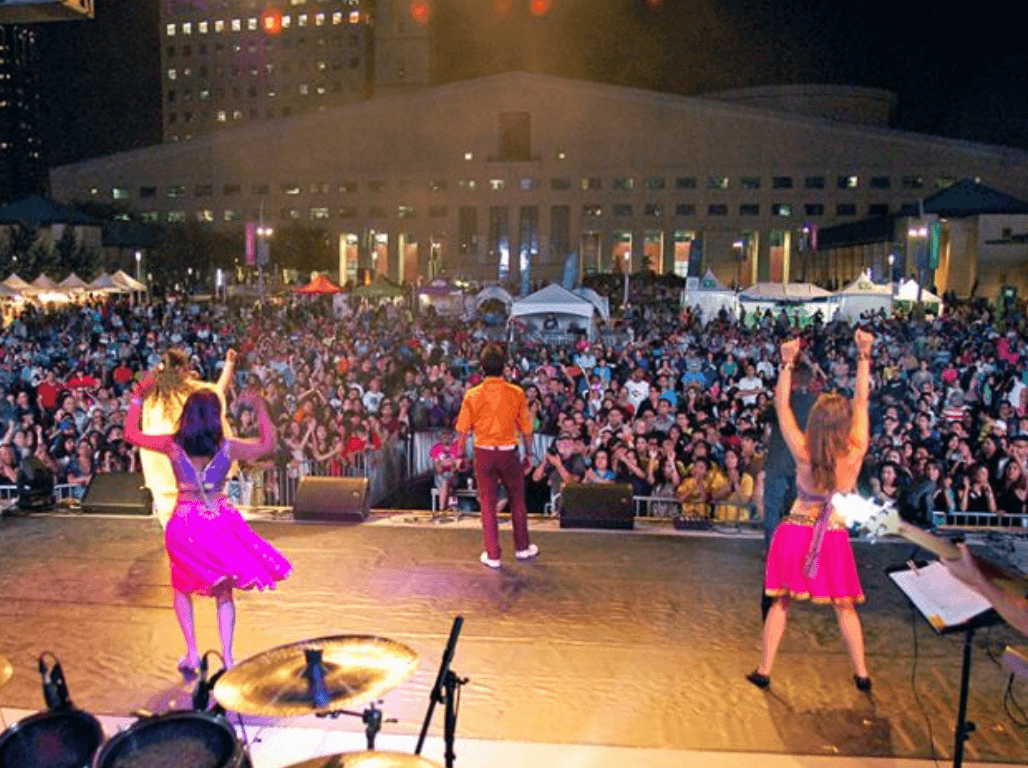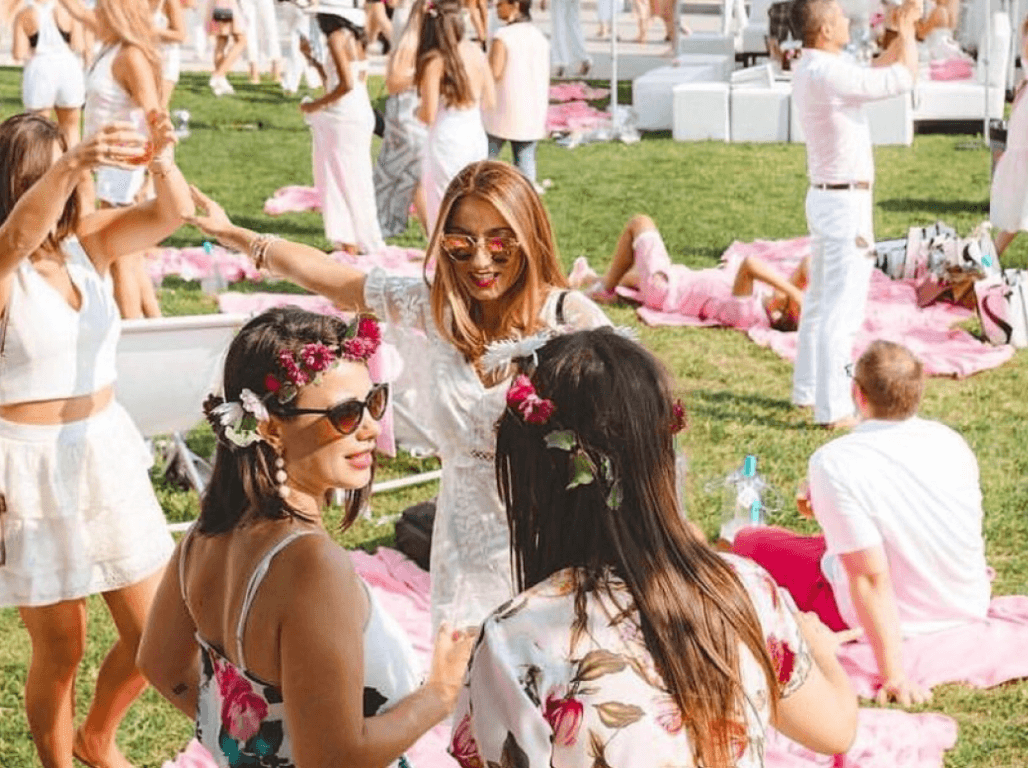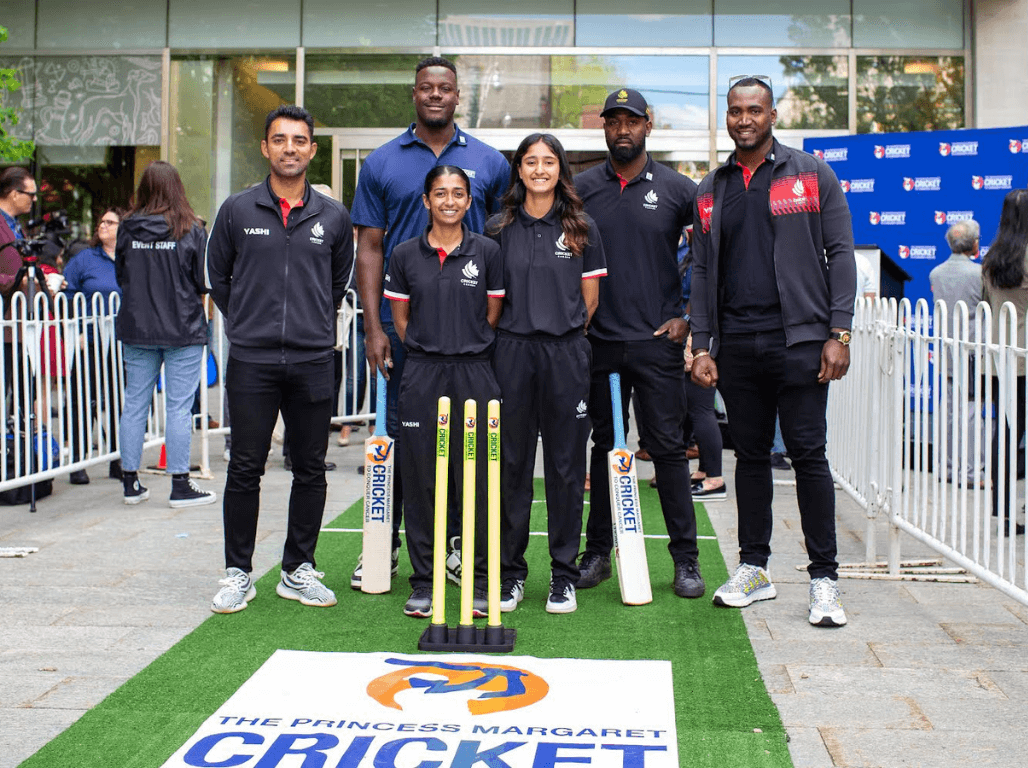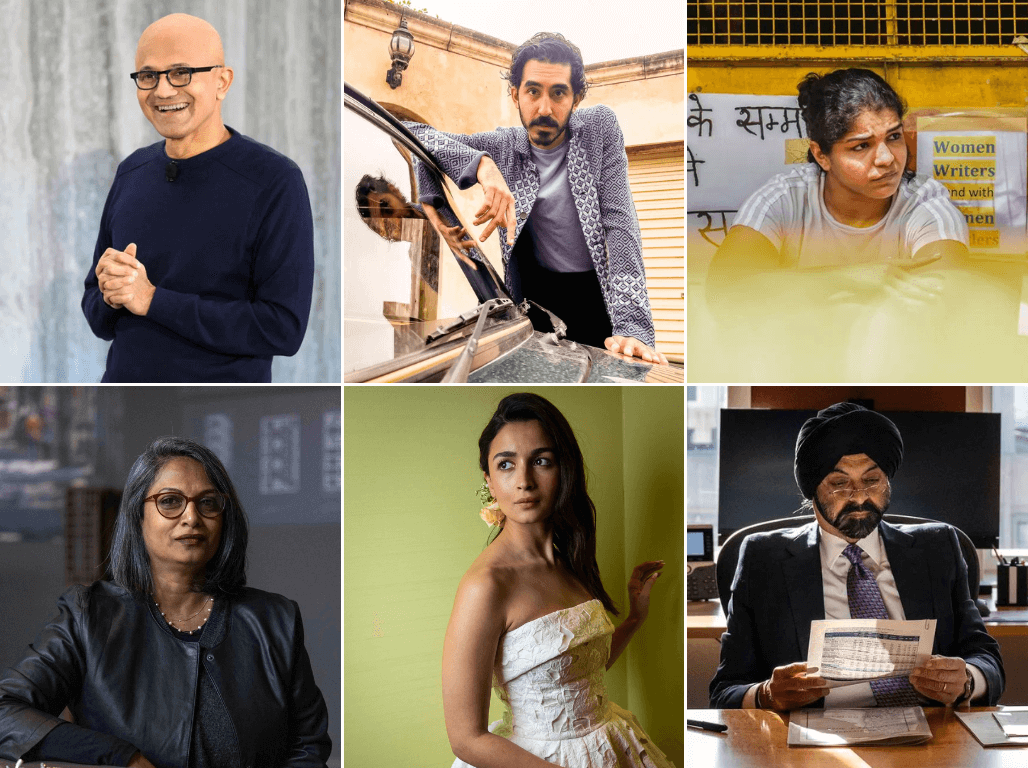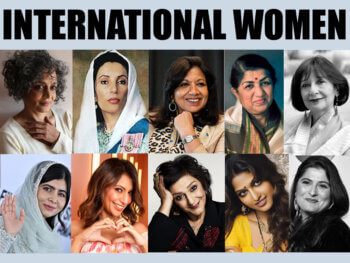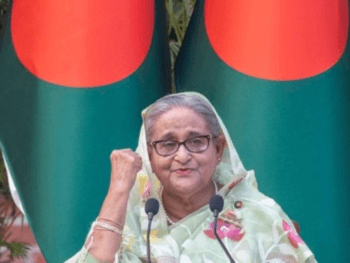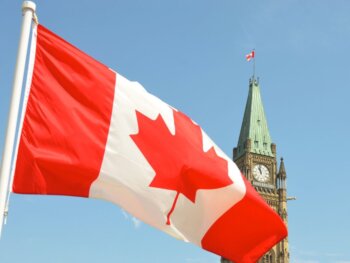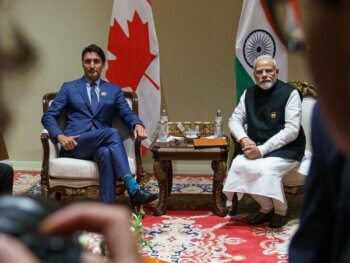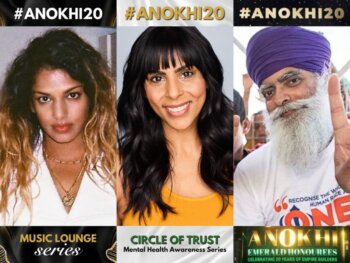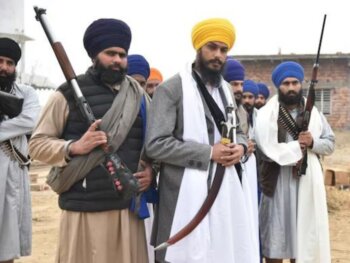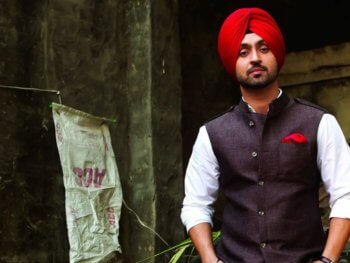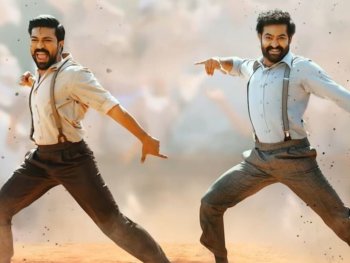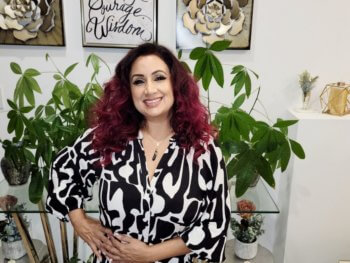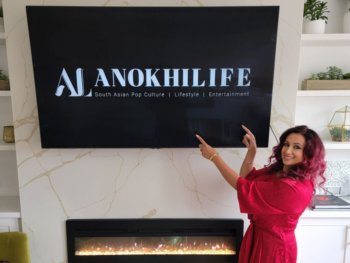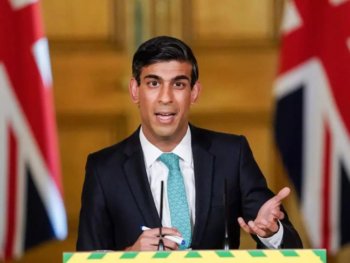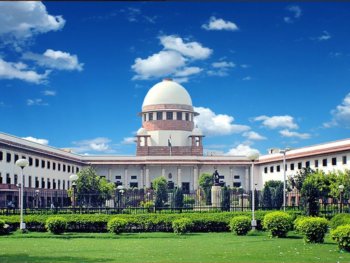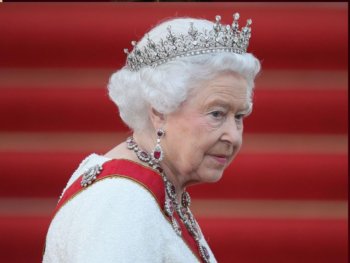With the Canadian federal election taking place this Monday October 21, 2019 it’s high time that we talked about the one constant that plagues every election season.
What Pisses Me Off: People Who Don’t Vote!
Politics. A powerful word that can turn friendly conversations frustrating at rapid speed. Hearts start racing and tempers may start flaring as people passionately exchange opinions on political parties and candidates. We certainly have our opinions but today’s rant is not about what side we to choose, it’s about the importance of choosing a side … what pisses me off is people who choose not to vote!
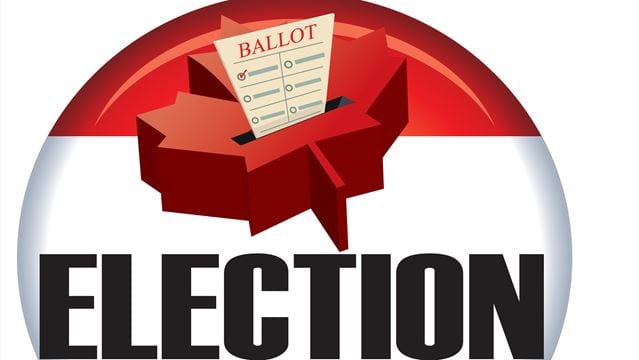
Voting involves citizens of a country, of a certain age being given the opportunity to choose a candidate an/or party to be decision makers in the government. In most countries, it’s considered to be a basic, human right but that wasn’t always the case. It was only in 1948 that the general assembly of the United Nations unanimously adopted the Universal Declaration of Rights which includes the right to participate (through secret ballots) in general elections.
Despite the United Nations vote in 1948, the first Indian general election wasn’t until 1951-1952. The election was for 489 seats and had 1949 candidates in the running but despite being the largest election held during the time period, the voting turn-out was only 45.7%.
Canada, the United States and England all had different start dates for the voting process but what all four countries have in common, is that voting has evolved over time. In the United States for example, it was only in 1965 with the implementation of The Voting Rights Act that it became illegal to prohibit voting based on racial discrimination. Limited to certain races and genders at different times in all four countries, we’ve rightfully come to a place where adults regardless of gender, race, sexual orientation and income have the right to vote and by not exercising the right, not only are we impacting our present and future, we also fail to honour all those from the past who fought and pushed for us to have the opportunity.
Why does it matter?
We are a patient publication and though we don’t like stating the obvious, the topic is far too important so we will. Our governments make decisions on all aspects of our lives; healthcare, education, finances (taxes are always a hot topic in campaigns), gender and race equality and so much more. The decisions impact every single one of us in some way so not caring about the election process is in a way not caring about yourself.
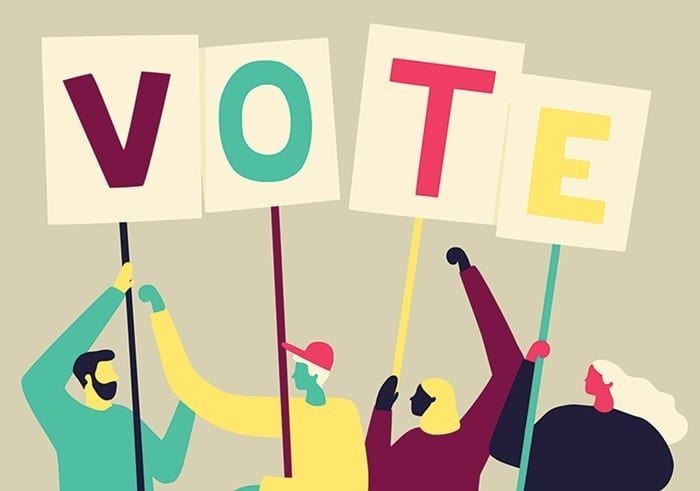
Are we failing to vote overall?
Unfortunately the answer is mixed. Though many of us are voting (yah to us), there’s still millions of people not exercising their right (and varied causes as well but for this piece, we’re for using on the populations who have no concrete barriers but still don’t go vote).
The last federal Canadian election in 2015 had a turn-out of about 68% and with another election just around the corner in October 2019, we hope to see the number increase.
The most recent election in the United States (2016), the voting turn-out data is varied with some sites stating abut 50-55% while others list it at abut 60% but either way, considering how much controversy surrounded the candidates, the voting turn-out was far to low for a country that makes such a big impact around the world. With the next election approaching in 2020, it’s important people inform themselves and head to the polls.
The United Kingdom’s most recent general election in 2017, had a voter turn-out of about 68% and though it has been increasing over the past ten years, it has yet to reach its previous peak of about 79% in 1974.
The most recent 2019 Indian general election did have the highest turn-out in it’s history: with 900 million people eligible to vote, the turn-out was 67% and also included the highest participation by women it’s ever had. This growth is something to be proud of but the numbers clearly demonstrate there’s still room to grow.
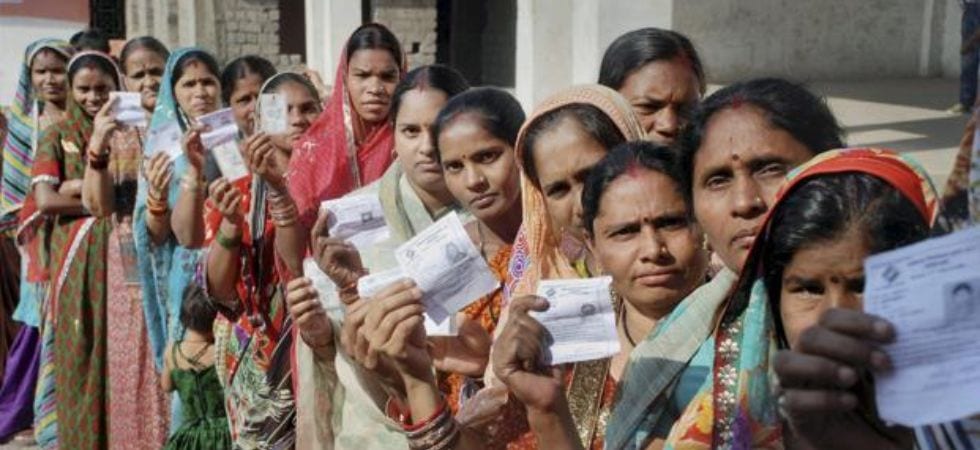
How can you help?
Educate yourself: Learn your countries process; lots of information is available online but to make it easier for you, we’re sharing links click on your country for more information: Canada, the United States, the United Kingdom, India (if you’re country isn’t listed, we apologize, a quick google search should help you find what you need).
Promote voting before the polls: Talk to your family, friends, colleagues, neighbours anyone who will listen about the importance of voting. It doesn’t have to be in a preachy or pushy-way…a simple “the election is coming up, I’m grateful we have the opportunity to vote and I’ll be going, are you?” With social media at our fingertips, we can easily join conversations, hashtags and online campaigns to express the importance of voting (remember your posts don’t have to be political…you can keep your preferences private if you prefer while still promoting voting in general).
Ensure you vote: This of course is the most basic (but crucial) way you can make a difference. Plan ahead by sourcing information on the days, times and locations voting is taking place in your country to ensure you are registered and can make it to the polls in time.
Organize a group activity: Coordinate a fun outing to the voting polls with family, friends or loved ones that are able to vote in the same location as you. Have lunch before or grab a cup of tea after to celebrate exercising your right. If you’re feeling festive, host an “I voted” after (or pre) party to help bring people together.
Share your story the day of the polls: Join the online conversation the day of by posting that you’ve voted (remember we’re not suggesting posting who you voted for). A simple “I voted” image on your social media may inspire others to get out there and cast their ballot before it’s too late – there’s no harm in trying!
Main Image Photo Credit : www.ferniechamber.com
Rachna Sethi
Author
Rachna (@thesassyspiritual) is a graduate of the Applied Mindfulness Meditation program from the University of Toronto, a certified Educator with two bachelor degrees and a diploma in Art Therapy. She's dedicated to living with a compassionate approach. Committed to helping people integrate Mindfuln...


















































